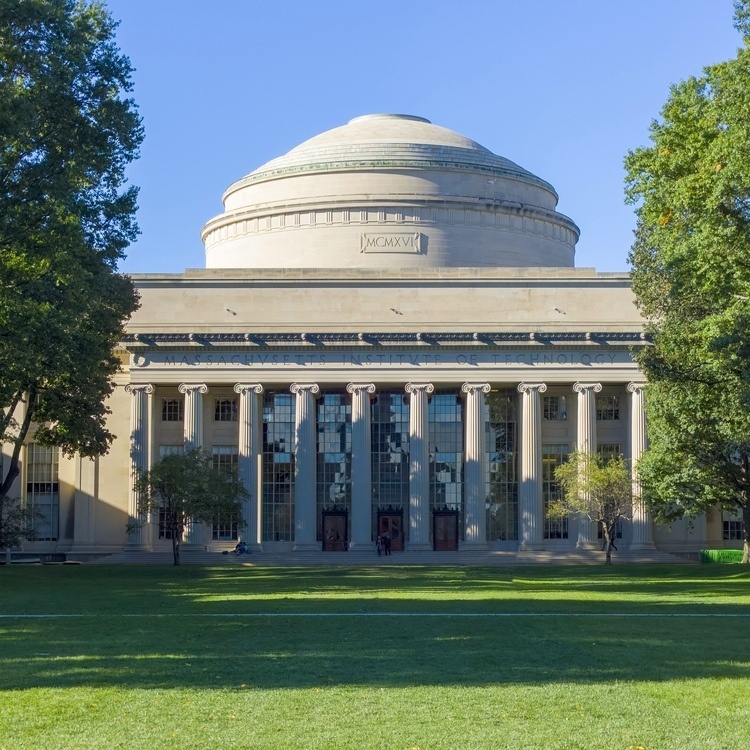
Sara Kornfeld Simpson Thesis Defense: Physiology and Plasticity of Primary Visual Cortex in Wild-Type and Fragile X Syndrome Model Mice
Description
Title: Physiology and Plasticity of Primary Visual Cortex in Wild-Type and Fragile X Syndrome Model Mice
Speaker: Sara Kornfeld Simpson
Thesis defense zoom link: https://mit.zoom.us/j/91627260893
In person location: McGovern Seminar Room, 46-3189
This talk is composed of two different lines of research about the activity of neurons in the primary visual cortex (V1), which began as separate projects seemingly only linked by methodology but ultimately have yielded results which inform and advance each other. The aim of the first project was to study the emergence of a form of experience-dependent plasticity in V1 that supports visual recognition memory, and the aim of the second was to study how physiology is altered in V1 of a mouse model of a neurodevelopmental disorder called Fragile X Syndrome (FXS). Ultimately, studying how briefly exposing mice to a phase-reversing grating stimulus changes neural activity in V1 in such a way that later enables the animals to recognize the stimulus as familiar gave important insights into the potential mechanisms underlying altered neural activity during disease.
In the first part of my talk, I will present my research investigating consolidation of visual recognition memory and its underlying plasticity, Stimulus-Selective Response Plasticity (SRP). I show that perturbations of neural activity following initial exposure to the phase-reversing grating stimulus fail to block the emergence of the plasticity, and that SRP emerges over the course of minutes, not hours, thus requiring neither sleep nor systems-level consolidation. I also find that the time it takes to emerge depends on the temporal frequency of the phase reversals of the grating stimulus.
In the second part of my talk, I will present my research on FXS. I begin by showing that there is no impairment in SRP in a mouse model of FXS, but, depending on the temporal frequency of the stimulus, the FXS model (Fmr1 KO) mice can have altered stimulus-evoked responses that persist across days. These altered visually-evoked responses might relate to a difference in the underlying oscillatory activity that can be measured from the same local field potential recordings. Luminance and visual stimulation induce robust theta oscillations (3-8 Hz) in V1 of wild-type mice which are substantially reduced in power in Fmr1 KO mice. These theta oscillations have been linked to alpha oscillations in human cortex, and, intriguingly, we observe a similar weakening of periodic alpha power in posterior cortex electroencephalogram (EEG) recordings of children with FXS collected by our collaborator Dr. Carol Wilkinson.
Finally, to conclude my talk, I will discuss how studying the mechanisms of SRP helped me hypothesize a potential mechanism of the altered physiology in FXS, namely hypoactivity of somatostatin+ interneurons, illuminating an important future direction of research to guide therapeutic development.

